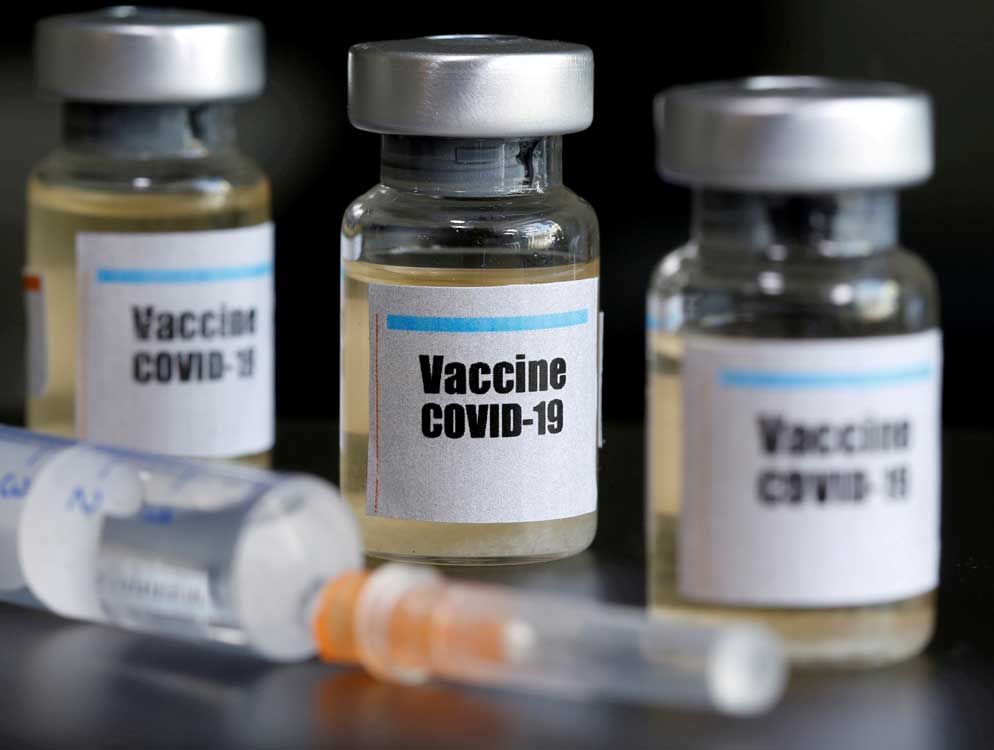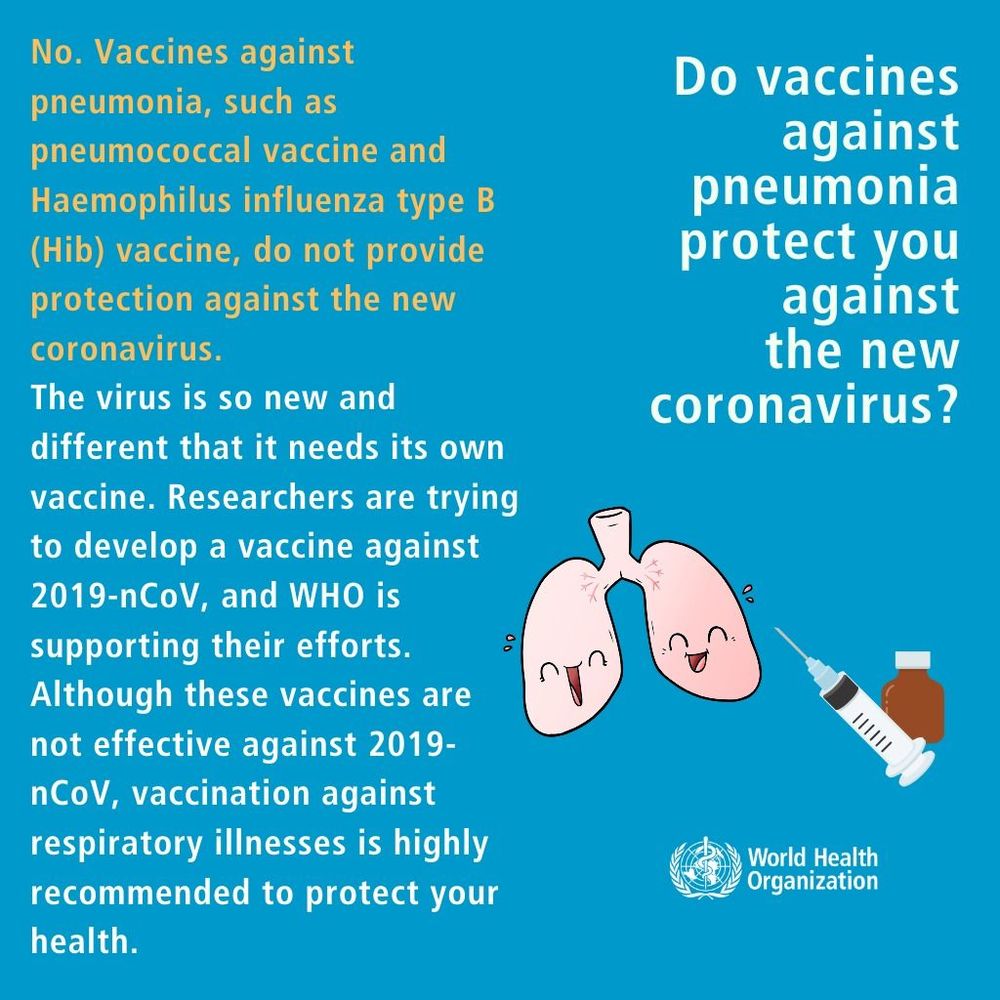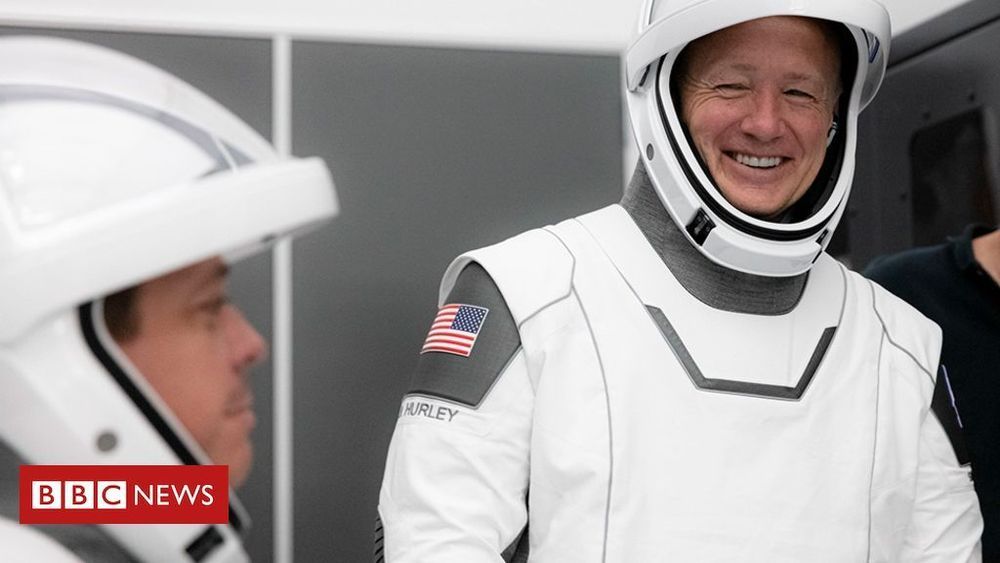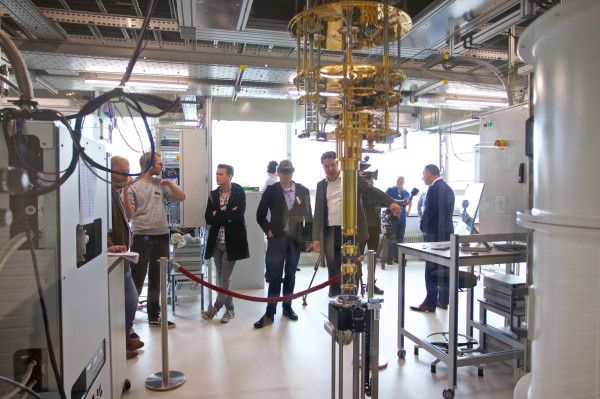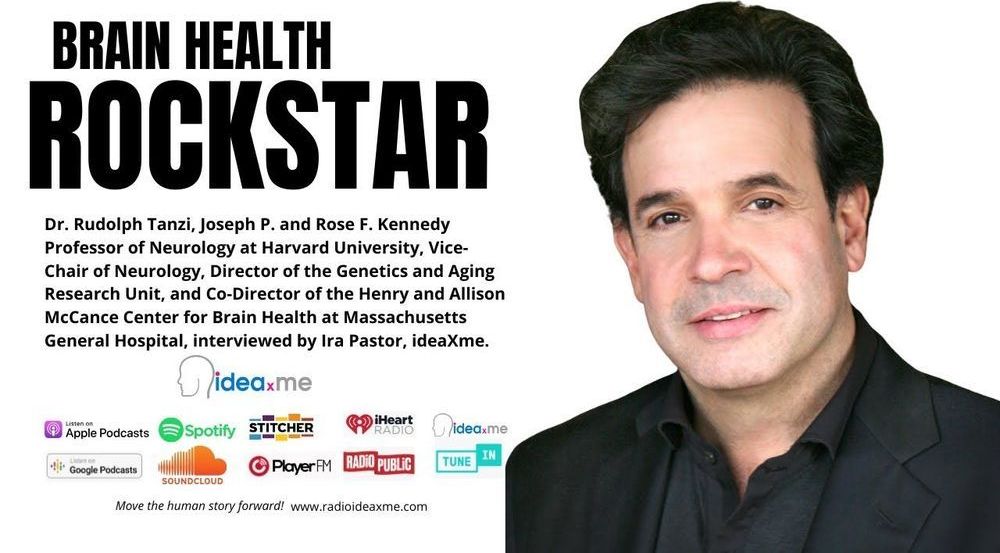The United States has secured almost a third of the first one billion doses planned for AstraZeneca’s experimental COVID-19 vaccine by pledging up to $1.2 billion, as world powers scramble for medicines to get their economies back to work.
While not proven to be effective against the coronavirus, vaccines are seen by world leaders as the only real way to restart their stalled economies, and even to get an edge over global competitors.
After President Donald Trump demanded a vaccine, the U.S. Department of Health agreed to provide up to US$1.2 billion to accelerate AstraZeneca’s vaccine development and secure 300 million doses for the United States.
